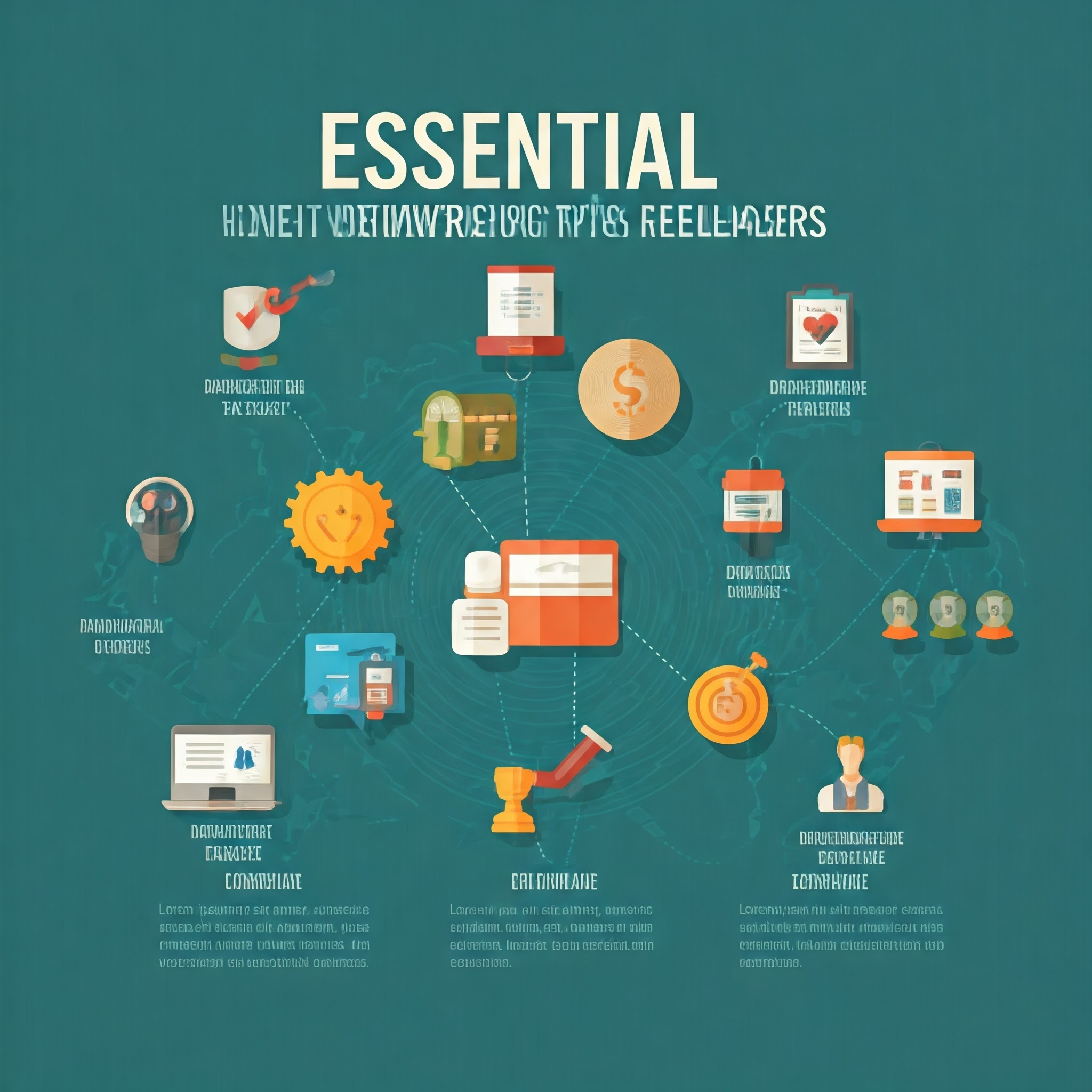
Essential Networking Tips for Freelancers: Build a Thriving Career
Freelancing isn’t just about skills; it’s about connections. Master networking to secure more gigs, attract high-paying clients, and grow your business.
Why Networking Is a Game-Changer for Freelancers
Freelancing can feel like a solo adventure, but no one truly succeeds alone. Building strong connections can unlock new opportunities, enhance credibility, and establish long-term collaborations.
1. Leverage the Power of Social Media
Social media isn’t just for memes and cat videos—it’s a goldmine for freelancers. Platforms like LinkedIn, Twitter, and even Instagram can connect you with potential clients and industry leaders.
How to Use Social Media for Networking
- Optimize your LinkedIn profile with keywords like freelancing tips and remote work essentials.
- Engage in Twitter conversations using relevant hashtags.
- Share valuable content to showcase your expertise.
2. Join Top Freelance Platforms
Websites like Upwork, Fiverr, and Toptal are excellent for networking. Not only do they provide freelance gigs, but they also allow freelancers to interact with other professionals and potential clients.
3. Attend Virtual and In-Person Networking Events
Conferences, webinars, and meetups can introduce you to potential clients and collaborators. Many freelancers land lucrative deals just by showing up and engaging with people in their niche.
4. Build Meaningful Relationships with Clients
Don’t just finish a project and disappear—maintain relationships with past clients. Check in periodically, offer value, and stay on their radar for future work.
5. Collaborate with Other Freelancers
Working with fellow freelancers can open up new opportunities. Graphic designers can team up with content writers, marketers with web developers—the possibilities are endless.
6. Create a Professional Website and Portfolio
Your website is your online business card. Showcase your work, add testimonials, and use SEO strategies to attract potential clients.
7. Utilize Cold Pitching Effectively
Cold emailing might seem scary, but when done right, it works wonders. Personalize your messages, research your prospects, and offer value upfront.
8. Master the Art of Client Management
Effective client management strategies ensure repeat business. Communicate clearly, set expectations, and deliver high-quality work on time.
9. Engage in Online Communities and Forums
Platforms like Reddit, Facebook groups, and industry-specific forums provide opportunities to interact with potential clients and fellow freelancers.
10. Offer Free Value Before Asking for Work
Share insights, write helpful blog posts, or give free tips on social media. This builds trust and attracts potential clients organically.
11. Use Email Marketing to Stay Connected
Building an email list helps you stay in touch with past clients and potential leads. Send newsletters with valuable content and occasional service offers.
12. Develop a Strong Personal Brand
Your personal brand is what sets you apart from other freelancers. Be consistent in your messaging, showcase your unique skills, and stay authentic.
13. Focus on Referrals and Testimonials
Happy clients can bring in more clients. Ask for testimonials and referrals—it’s one of the easiest ways to grow your freelancing business.
14. Stay Updated with Industry Trends
Freelancing is ever-evolving. Keep learning, stay ahead of trends, and adapt to changes to remain relevant in your field.
15. Balance Networking with Actual Work
Networking is crucial, but don’t let it consume all your time. Find a balance between connecting with others and delivering top-notch work.
Final Thoughts
Networking isn’t just about collecting contacts; it’s about building genuine relationships. Whether you’re just starting or looking to expand your freelance business, these strategies will help you connect with the right people, secure better opportunities, and achieve long-term success.
Frequently Asked Questions (FAQs)
1. How can I start freelancing with no prior experience?
Begin by identifying your skills, creating a portfolio, and using platforms like Upwork or Fiverr to find entry-level gigs.
2. What are the best websites for freelance opportunities?
Some of the top platforms include Upwork, Fiverr, Freelancer, Toptal, and PeoplePerHour.
3. How do I negotiate rates with clients?
Be confident in your value, research industry rates, and don’t be afraid to counter-offer.
4. What are the top tools for organizing my freelance workflow?
Tools like Trello, Asana, Notion, and Google Workspace can help streamline your work and boost productivity.
5. What’s the most effective way to market myself as a freelancer?
Leverage social media, build a strong personal brand, engage in content marketing, and network actively.